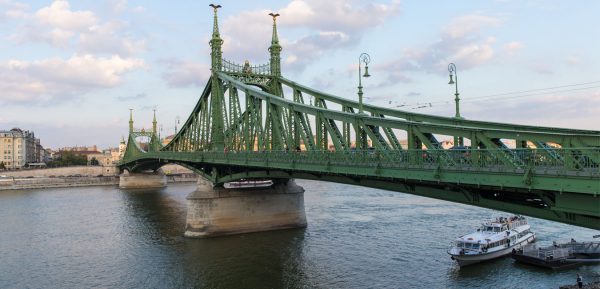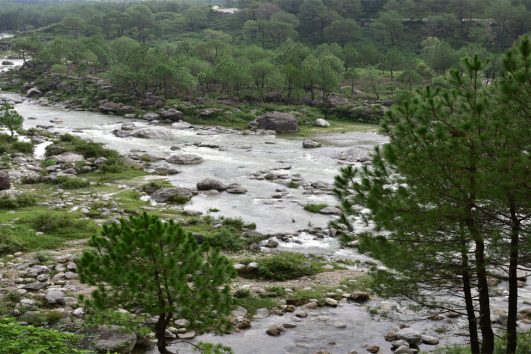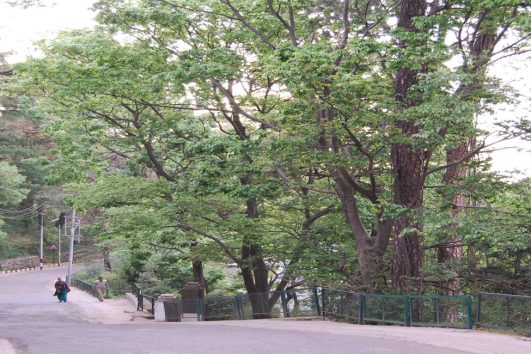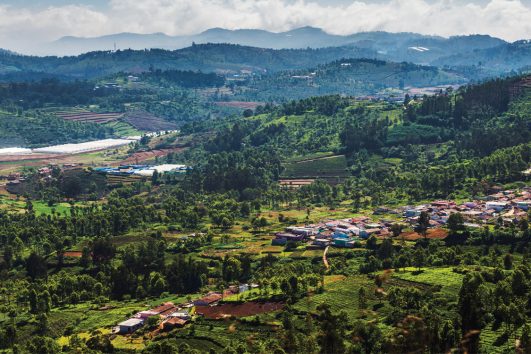Nestled along the winding banks of the mighty Danube River, Budapest stands as a captivating blend of history, culture, and modernity. The capital and largest city of Hungary, Budapest is renowned for its stunning architecture, rich heritage, and vibrant atmosphere. This outline will delve into the various facets that make Budapest a remarkable destination.
History of Budapest
Budapest’s history is a tapestry woven with the threads of various civilizations:
- Early Settlements: The area that is now Budapest has been inhabited for thousands of years, with Celtic and Roman settlements dating back to ancient times.
- Roman Influence: The Romans established the town of Aquincum on the Danube’s western bank, leaving behind archaeological treasures that provide insight into their presence.
- Medieval Budapest: The city emerged during the Middle Ages as a significant European hub, with the Buda Castle serving as a focal point.
- Ottoman Occupation: Budapest endured centuries of Ottoman rule, which left an indelible mark on its architecture and culture.
- Habsburg Rule: The Habsburg monarchy brought the city under its rule, leading to a period of growth and development.
- 20th Century Events: Budapest witnessed pivotal events like the Hungarian Revolution of 1956 and the fall of communism in 1989, shaping its modern identity.
Landmarks and Attractions
Budapest boasts an array of architectural marvels and cultural landmarks:
- Buda Castle: This UNESCO World Heritage Site is a symbol of Budapest’s history, housing museums and offering panoramic views.
- Hungarian Parliament Building: An iconic neo-Gothic masterpiece on the Danube’s banks, it’s a symbol of Hungary’s sovereignty.
- Chain Bridge: The suspension bridge connecting Buda and Pest offers stunning views of the cityscape.
- Matthias Church: With its Gothic and neo-Gothic elements, it’s a spiritual and architectural gem.
- Fisherman’s Bastion: This terrace offers picturesque views and is a favorite spot for photographers.
- Thermal Baths: Budapest’s thermal baths, like the Széchenyi Thermal Bath, offer relaxation and wellness.
Culture and Entertainment
Budapest’s cultural scene is rich and diverse:
- Hungarian Cuisine: Sample traditional dishes like goulash, and savor the influences from Turkish, Austrian, and Jewish culinary traditions.
- Music and Dance: Immerse yourself in Hungarian folk music and the melodies of gypsy bands, which have deep cultural roots.
- Festivals and Events: Budapest hosts various festivals celebrating music, film, art, and its unique traditions.
- Nightlife: Explore the city’s ruin bars, blending history and contemporary culture for a distinctive nightlife experience.
Transportation and Infrastructure
Budapest’s efficient infrastructure facilitates exploration:
- Public Transportation: A well-connected metro system, trams, and buses make it easy to navigate the city.
- Roads and Bridges: Budapest’s road network and iconic bridges over the Danube ensure smooth transit.
- Airports: Budapest Ferenc Liszt International Airport serves as a major gateway to Hungary and beyond.
Economy and Industry
Budapest’s economy is thriving:
- Key Industries: Information technology and tourism are significant contributors to the city’s economy.
- Economic Growth: The city has experienced robust economic growth in recent years.
- Trade and Commerce: Budapest’s central location makes it a vital hub for trade and commerce in Europe.
Education and Research Institutions
Budapest is home to esteemed educational and research institutions:
- Universities and Colleges: Institutions like Eötvös Loránd University and Central European University attract students from around the world.
- Research Centers: Budapest fosters cutting-edge research in various fields.
Local Government and Administration
Budapest’s governance structure is designed for effective administration:
- Administrative Divisions: The city is divided into districts, each with its local government.
- Mayor and City Council: The mayor and city council oversee municipal affairs.
- Governance Structure: Budapest’s administration is in line with Hungary’s political system.
Future Development and Challenges
Budapest looks toward the future while addressing ongoing challenges:
- Urban Planning Projects: The city has ambitious urban development projects to enhance infrastructure and public spaces.
- Environmental Concerns: Sustainability and environmental issues are gaining prominence.
- Social and Economic Challenges: Budapest faces issues related to income inequality and social integration.









Tour Reviews
There are no reviews yet.
Leave a Review